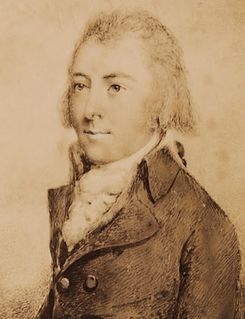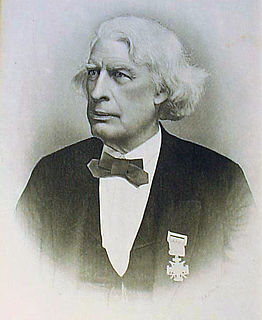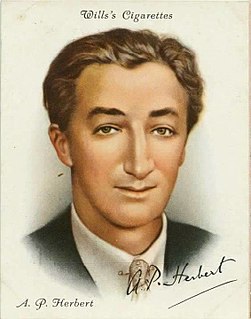A Quote by Godfrey Higgins
[T]he Rev. R. Taylor, A.M., the Deist, now in gaol, infamously persecuted by the Whigs for his religious opinions, in his learned defense of Deism called the Diegesis, has clearly proved all the heirarchical institutions of the Christians to be a close copy of those of the Essenians of Egypt.
Related Quotes
The Kassideans or Assideans...arose either during the Captivity or soon after the restoration...The Essenians were, however, undoubtedly connected with the Temple (of Solomon), as their origin is derived by the learned Scalier, with every appearance of truth, from the Kassideans, a fraternity of Jewish devotees, who, in the language of Laurie, had associated together as 'Knights of the Temple of Jerusalem.'...From the Essenians Pythagoras derived much, if not all, of the knowledge and the ceremonies with which he clothed the esoteric school of his philosophy.
I certainly had qualms about writing my piece in the first place, since I knew I couldn't express my disdain for many of Rev. Falwell's teachings. But I don't regret having written about the sides of Rev. Falwell that had nothing to do with politics or religion - his grandkids, his ministry for ex-alcoholics, his penchant for practical jokes. I think it's important to recognize the humanity in everyone, even those we strongly disagree with.
I cannot define for you what God is. I can only say that my work has proved empirically that the pattern of God exists in every man and that this pattern has at its disposal the greatest of all his energies for transformation and transfiguration of his natural being. Not only the meaning of his life but his renewal and his institutions depend on his conscious relationship with this pattern of his collective unconscious.
It was only after I had been out of the art school that I actually copied a small Seurat, and I copied it in order to follow his thought, because if you do copy an artist, and you have a close feeling for him, in fact that you need to know more about his work, there is no better way than actually to copy, because you get very close indeed to how somebody thinks.
When it happeneth that a man signifieth unto us two contradictory opinions whereof the one is clearly and directly signified, andthe other either drawn from that by consequence, or not known to be contradictory to it; then (when he is not present to explicate himself better) we are to take the former of his opinions; for that is clearly signified to be his, and directly, whereas the other might proceed from error in the deduction, or ignorance of the repugnancy.
What we have to understand that we have to believe into things which can be proved. Now the time has come that Divine itself has to be proved. That God Almighty has to be proved. That Christ as a son of God has to be proved, that His birth as immaculate conception has to be proved. Not by argument, not by reasoning, nor by blind faith but by actualization on your central nervous system.
In the latter sense, a man has a property in his opinions and the free communication of them. He has a property of peculiar value in his religious opinions, and in the profession and practice dictated by them. He has an equal property in the free use of his faculties and free choice of the objects on which to employ them. In a word, as a man is said to have a right to his property, he may be equally said to have a property in his rights.
Remember that Abraham Lincoln was a Whig far longer than he was a Republican. As a whole, the Whigs looked upon banks and corporations as a more efficient means of development; the Jacksonian Democrats thought they were the tools of the devil, but Whigs like Lincoln disagreed. During his presidency, Lincoln favored the re-construction of a national financial system, and his most important 'internal improvement' project was the Pacific railroad.
Tuthmosis IV was, like his father Amenhotep II, a belligerent pharaoh and one of the first to wage war without provocation beyond Egypt's boundaries. As a result of his aggressive attacks slaves and foreign elements were common in Egypt. Consequently, there was more intermarriage during his reign than at other times. Egypt was visited by merchants and traders and was extremely prosperous and cosmopolitan during this period.
The term Christian used to be a pejorative. Back in the day, Christians were persecuted; however, over time, it became one of the word's biggest religions. Same thing with the term Mormons in the religious area. Mormons didn't want to be called that. They wanted to be called Latter-day Saints. It's only been in recent decades that they kind of shifted that position and took ownership of it.



































